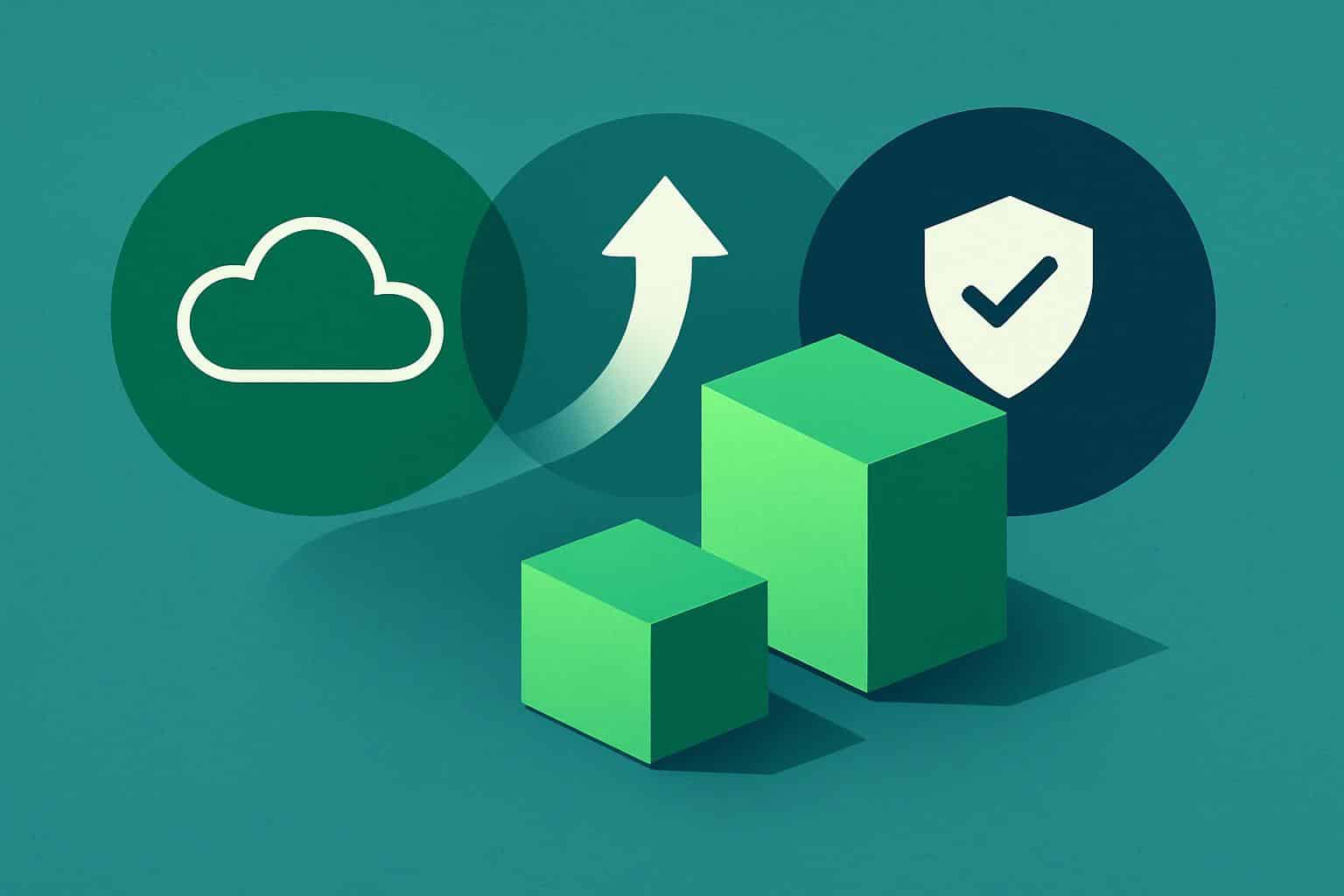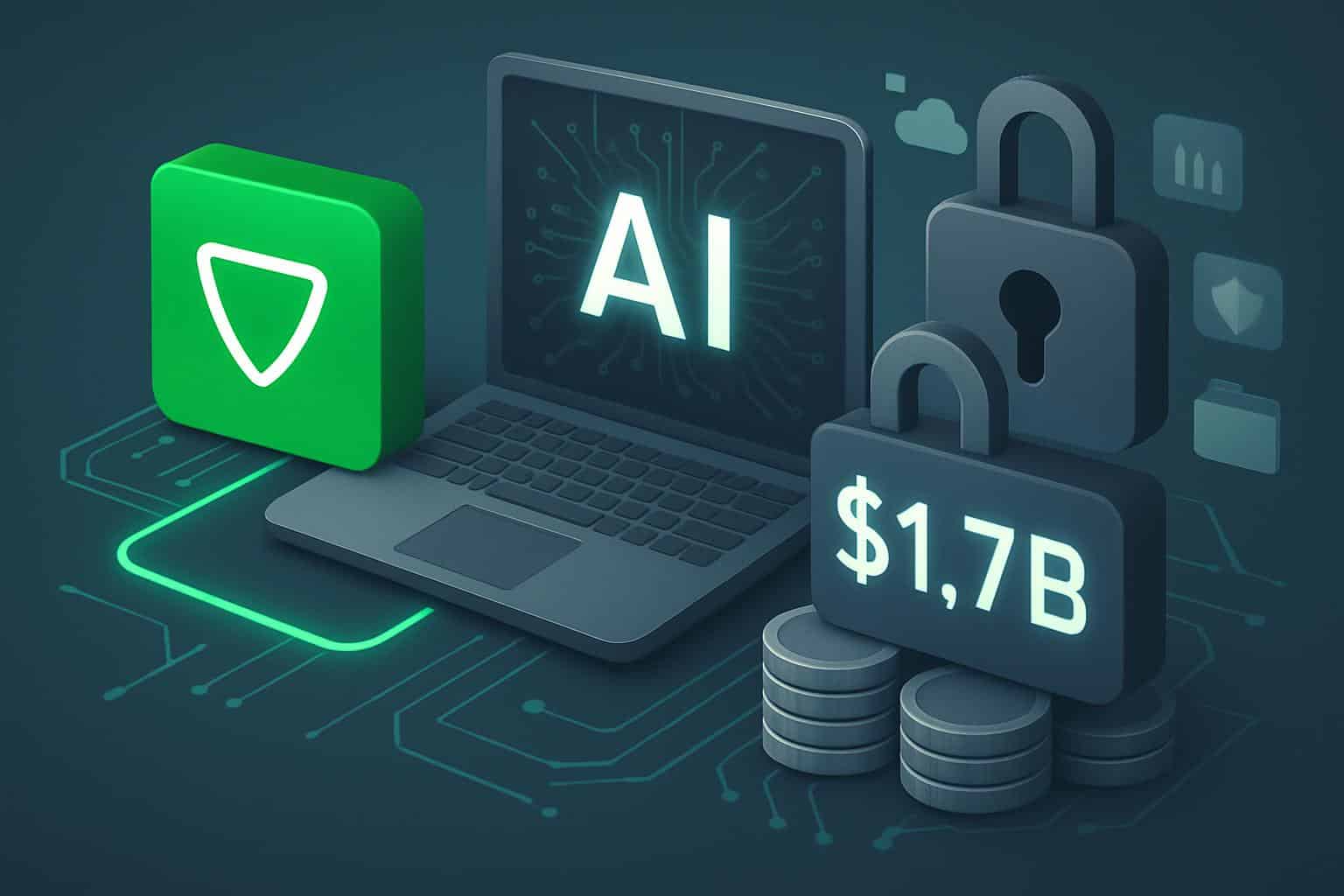Veeam is doubling down on AI-era data protection with a definitive agreement to acquire Securiti AI in a cash and stock transaction valued at approximately $1.725 billion. The move marries Veeam’s leadership in backup and recovery with Securiti’s data command center that discovers, classifies, governs, and secures data across clouds, SaaS, and on‑premises systems — functions that are only growing more important as organizations race to operationalize AI.
Why this deal matters for AI-era data protection and trust
Backup is no longer enough. As AI models ingest vast data sets, organizations need to know with high confidence what data they have, where it resides, who has access to it, and whether it is safe for use in training or inference. Where all that leaves off, Securiti’s platform picks up: automated discovery and classification of data, lineage mapping, policy enforcement, and privacy controls. Veeam backs the back end: immutability, Recovery Time Objectives (RTO) speed, and ransomware resilience. The combined companies hope to provide a single control plane for data protection, governance, and AI trust.

This integration is timely. Average breach cost in IBM’s Cost of a Data Breach study is now around $5 million. Incident response is now about knowing which datasets are sensitive and business-critical. Combining Securiti’s sensitivity and lineage signals with Veeam’s recovery workflows could help customers decide what to restore first, turn on legal holds, and achieve compliance faster — all essential benefits when minutes count and audit trails are critical.
Inside the transaction: leadership, terms, and integration
It will bring Securiti’s data command center to Veeam, along with plans to expand product integration after closing, as well as follow ‘autonomous’ technologies across Veeam’s portfolio. Securiti founder and CEO Rehan Jalil will come aboard as president of security and AI, pointing to the combined roadmap focusing on unified controls across protection, privacy, and AI governance.
Jalil’s company, Securiti, has raised over $156 million from Mayfield as well as General Catalyst, Cisco Investments, and other investors. For Veeam — which, with Insight Partners as the majority owner and the reputation of being a leader in data resilience for many years, is seen as a category leader in its own right — it’s an acquisition that will help expand the company beyond traditional backup/recovery to more generally address security needs (with DSPM) and also give it a globalized services solution around prepping data for contemporary computing environments and AI‑based workloads.
Strategy and market context in a consolidating landscape
The data platform market is consolidating as buyers are pressuring the industry to have fewer vendors, tighter integrations, and cleaner accountability when AI touches regulated information. The recent flurry of activity in security observability and data management — including massive platform-based acquisitions and convergence around data protection — signals a move to an end‑to‑end control plane that spans prevention, detection, response, and recovery.
Analyst firms have continued to recognize Veeam as a leader in enterprise backup and recovery; the company has once again been named a finalist for Software-Defined Product of the Year at this year’s UK Cloud Awards, while pointing out the increasing importance of data discovery and governance within AI use cases. Securiti has already established credibility in this space, with capabilities like automated data maps, fine‑grained access controls, cross‑border data flow controls, and privacy workflows that enable enterprises to address regulatory requirements under frameworks such as GDPR, CPRA, and the EU AI Act.

The pairing tackles a central operational headache: data sprawl. Many businesses swat at this with individual tools for backup, DLP, privacy, and AI controls. That fragmented state makes incident response slower and model governance murkier. By simplifying these layers, Veeam is able to provide a single source of truth concerning location, sensitivity, and recoverability of data — valuable not only for cyber events but also audit, e‑discovery, and AI model risk reviews.
What customers should expect in the near and long term
Nearer term, customers should expect to see Securiti’s platform packaged up and sold alongside Veeam’s core products, connectors, and APIs that link discovery and classification into backup policies. Long term, you’ll see orchestration where a discovered data exposure can automate playbooks: quarantine infected systems, reveal precise records under threat, implement least‑privilege access, and — the new Holy Grail — prioritize recovering crown-jewel datasets instantly.
For AI teams, the integration could spotlight clean data pipelines. That’s because organizations can use Securiti to map and vet datasets prior to model training, apply minimization and purpose‑limitation controls, document lineage for explainability — and then lean on Veeam to provide immutable snapshots with rapid rollback in the event models go sideways or data poisoning is suspected.
Execution risks remain. It’s hard to do this sort of metadata unification across multicloud estates, and customers will want some assurance that the combined platform remains open and neutral with strong third‑party integrations. If Veeam can deliver, that upside is huge: a unique data security and resilience layer that’s AI‑aware, which reduces tool sprawl and compresses response times while helping organizations prove compliance without slowing down innovation.
Net-net, the Securiti acquisition makes clear where data protection is going — away from siloed backups and toward a governed, intelligence‑driven fabric that covers the entire data lifecycle — from creation and use, to recovery and deletion.

